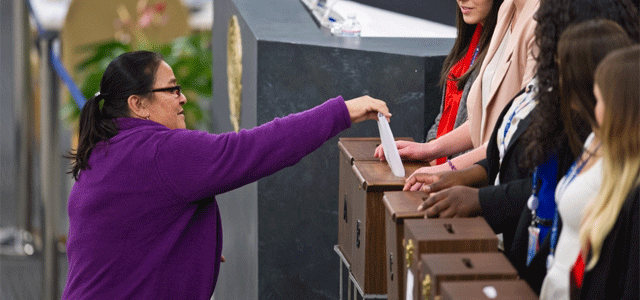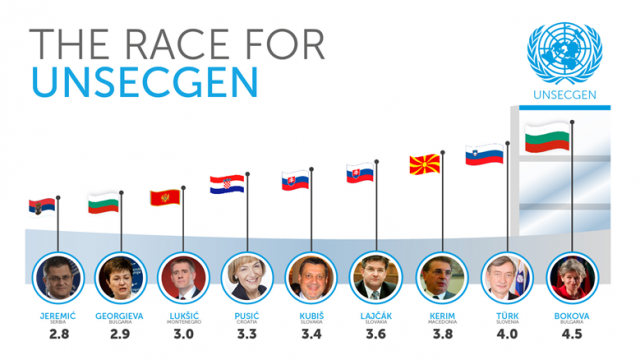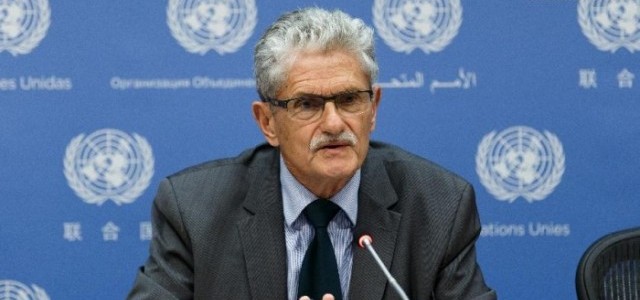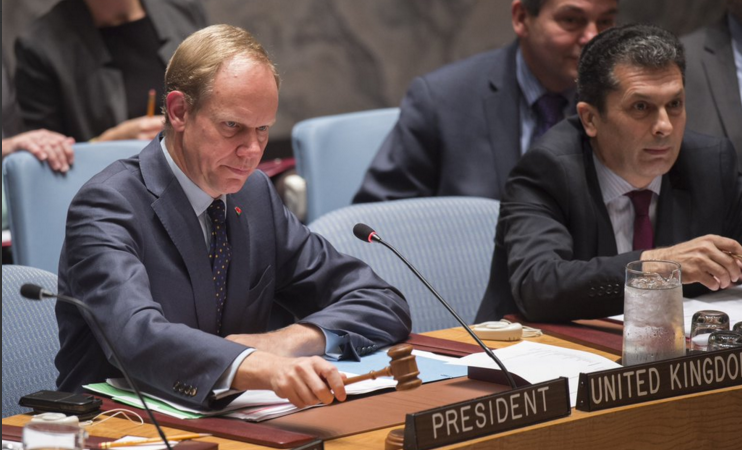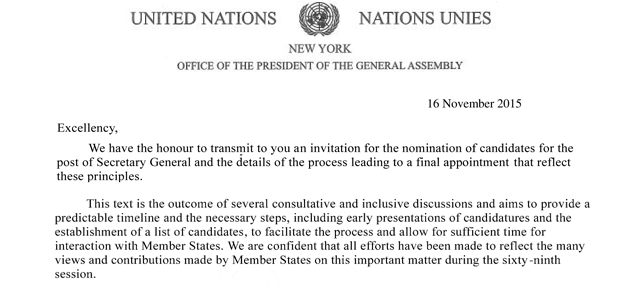After months of campaigning and speculation, this week marked the 2013 election for the UN Human Rights Council (archived webcast). While the results were fairly unsurprising—due to many non-competitive slates, most races were essentially foregone conclusions—the picture for the 2014 HRC still looks interesting, for better or worse.
Most observers focused on the high number of states with poor human rights records that were elected, missing what could be a more significant and complementary take-away from this year’s race. As covered in Global Memo last week, all five permanent Security Council members (the United States, United Kingdom, France, Russia, and China) will be on the Council together for the first time in several years. Given the Security Council’s stalemate on a number of human rights issues and on Syria in particular, it will not be surprising if — regardless of who else was elected — the Human Rights Council in 2014 reflects the same level of dysfunction on human rights issues.
But for those obsessed with the question of those candidates with poor human right records, the final vote tallies for each of the slates and the percentage received for each state from other General Assembly members present and voting may provide a bit of insight, if not appeasement.
| Region | Candidates | Votes Received | Percentage Support |
| Africa | South Africa | 169 | 88% |
| Algeria | 164 | 85 | |
| Morocco | 163 | 85 | |
| Namibia | 150 | 78 | |
| South Sudan | 89 | 46 | |
| Tunisia | 2 | – | |
| Asia-Pacific | Viet Nam | 184 | 96% |
| China | 176 | 92 | |
| Maldives | 164 | 85 | |
| Saudi Arabia | 140 | 73 | |
| Jordan | 16 | 8 | |
| Iran | 1 | – | |
| Singapore | 1 | – | |
| Thailand | 1 | – | |
| Eastern Europe | FYR Macedonia | 177 | 92% |
| Russia | 176 | 92 | |
| Slovakia | 1 | – | |
| Latvia | 1 | – | |
| Western Europe and Others | France | 174 | 98% |
| United Kingdom | 171 | 96% | |
| Andorra | 1 | – | |
| Greece | 1 | – | |
| Portugal | 1 | – | |
| San Marino | 1 | – | |
| Luxembourg | 1 | – | |
| Latin America and Caribbean | Cuba | 148 | 77% |
| Mexico | 135 | 70 | |
| Uruguay | 93 | 48 |
The top three vote-getters were France, the United Kingdom and Viet Nam. Of the fourteen members who won, those who received the least support from General Assembly members were Mexico (70%), Saudi Arabia (73%) and Cuba (77%), almost certainly reflecting in part recognition of their dismal human rights records. Of the four P-5 members who competed, China and Russia — both of whom vetoed action against Syrian President Assad earlier this year — received only 92% compared to France and the UK. Both Russia and China were competing in essentially closed slates and received less votes than others in their respective regions.
The only competitive race was in Latin American and Caribbean slate. three countries—Cuba, Mexico, and Uruguay—competed for two open seats. Cuba and Mexico captured them, leaving Uruguay’s candidacy unsuccessful. While the African group also presented more candidates than for which there were available seats, the outcome was unsurprising. Algeria, Morocco, Namibia, South Africa, and South Sudan competed for the region’s four reserved slots. As predicted in an earlier article here, South Sudan’s new status as an independent state and lack of experience in promoting human rights resulted in its loss.
Both the Western European and Eastern European slates fielded only as many candidates as there were open seats, meaning that the United Kingdom and France (Western Europe) and Russia and the Former Yugoslav Republic of Macedonia (Eastern Europe) walked to their victories. Of course, Russia’s election to the HRC raises serious issues given its own record of human rights abuses at home.
The Asia-Pacific slate looked interesting for a while, with China, the Maldives, Saudi Arabia, Vietnam, and Jordan competing for four available seats. However, the race became non-competitive when Jordan dropped its bid at the last minute in an expectation that it will be assume the Security Council seat that Saudi Arabia recently won and declined. The remaining states easily secured the four seats, and with the other 10 candidates, will start a three-year term in January.

